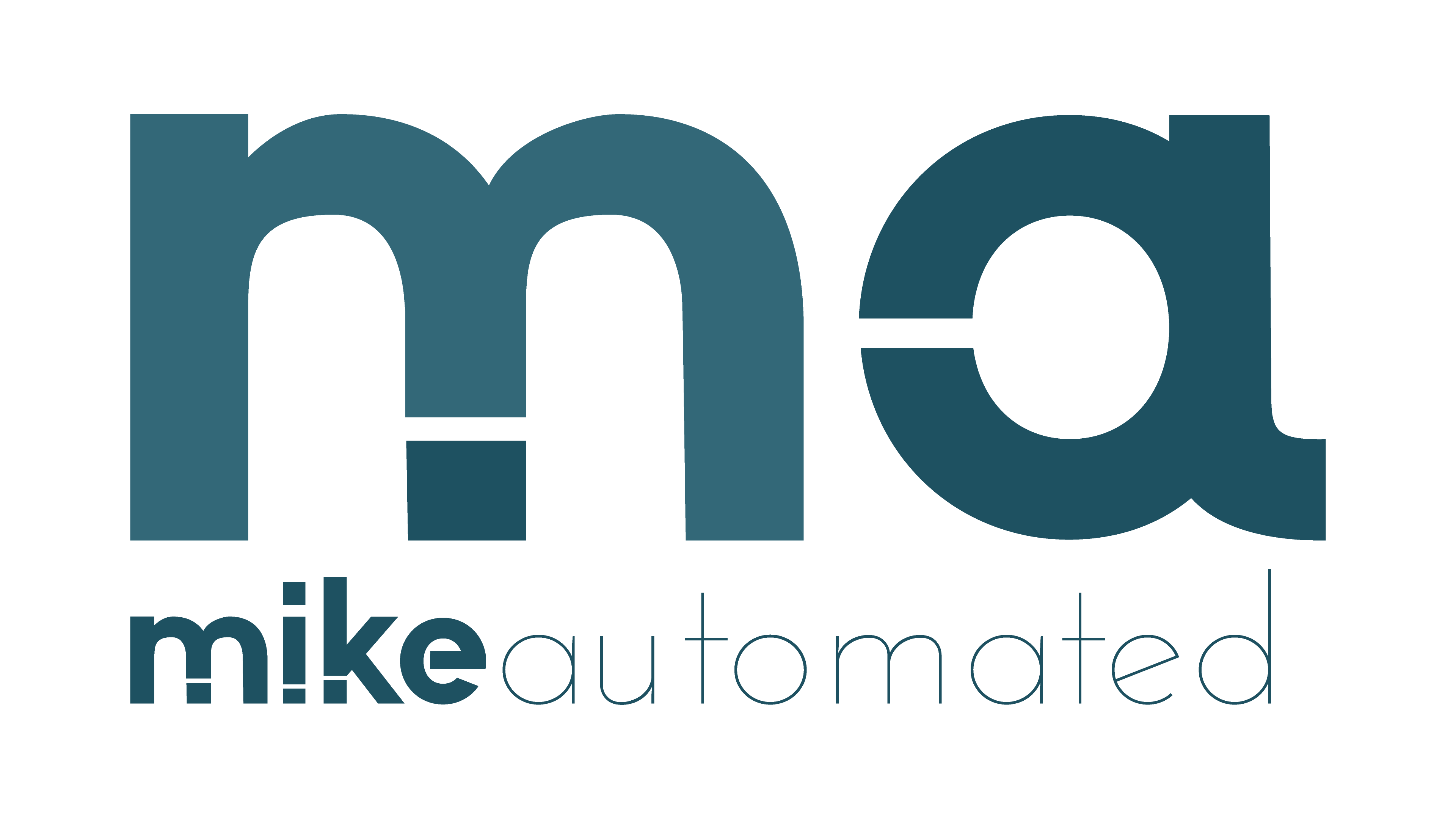TL;DR
- AI in marketing raises crucial ethical concerns, including bias, data privacy, and consumer transparency.
- Transparency is key when deploying AI-driven marketing campaigns to avoid misleading consumers.
- Bias in AI algorithms can lead to unintended discrimination, emphasizing the need for diverse and inclusive data sets.
- Marketers must respect data privacy laws and consumer consent to build trust.
- Ethical AI adoption creates long-term value, balancing innovation with social responsibility.
What Are the Ethical Challenges in AI-Driven Marketing?
AI introduces opportunities to streamline processes and optimize customer engagement, but its implementation isn’t without risk. Below, we explore the most pressing ethical issues marketers face when using AI.1. Data Privacy and Security
AI-powered marketing tools rely heavily on consumer data to generate insights and predict behavior. This dependency raises concerns around how that data is collected, stored, and used.- Lack of consent: Many consumers are unaware their data is being gathered or analyzed, leading to feelings of mistrust.
- Regulatory compliance: Data protection laws like GDPR and CCPA mandate transparency and consumer consent. Non-compliance can result in significant penalties.
- Security risks: Storing large volumes of sensitive data presents a higher risk for breaches, which can erode public confidence.
2. Algorithmic Bias
AI models can unintentionally amplify bias present in the training data, leading to unfair or discriminatory outcomes in marketing campaigns.- Discrimination risks: For example, biased algorithms may unfairly exclude certain demographic groups from opportunities like loan offers or promotions.
- Lack of representativeness: If training data isn’t diverse, the AI may fail to consider the needs of underrepresented populations.
3. Transparency and Accountability
AI systems often operate as ‘black boxes,’ meaning even their developers may not fully understand how they make decisions.- Consumer confusion: A lack of transparency can result in consumer distrust, as individuals may feel manipulated by AI-driven campaigns.
- Accountability gaps: When errors occur (e.g., delivering offensive or false messages), it’s often unclear who is responsible.
4. Manipulation and Exploitation
AI allows marketers to predict behaviors with precision, but this potential can easily slip into manipulation.- Hyper-targeting: Using personal data to target vulnerable consumers (e.g., with high-interest loans) raises ethical concerns.
- Deceptive tactics: Employing persuasive techniques that exploit consumer weaknesses undermines trust and violates ethical standards.
How Can Marketers Use AI Responsibly?
Tackling the ethical challenges of AI in marketing requires a proactive stance. Here are three actionable steps to maintain ethical integrity:1. Build an Ethical Framework
To navigate the complexities of AI adoption, companies should establish clear guidelines outlining acceptable practices. This framework should cover:- Data management policies
- AI oversight and accountability measures
- Steps to mitigate bias in models
2. Prioritize Consumer Education
Educating consumers about how their data is used fosters trust. Provide accessible information on:- The role of AI in marketing campaigns
- Data protections and safeguards
- Options to control or opt out of data sharing
3. Continuously Monitor and Improve
AI systems evolve over time, making ongoing monitoring essential to ethical implementation. Regularly review:- Algorithm performance and potential biases
- Consumer feedback to address concerns
- Compliance with regulatory updates
The Long-Term Benefits of Ethical AI in Marketing
While addressing ethical challenges requires upfront effort, the long-term rewards are clear. Companies that prioritize ethical AI gain:- Consumer trust: Ethical practices build loyalty and reliability.
- Regulatory assurance: Compliance with laws minimizes legal risks.
- Competitive advantage: Responsible marketing resonates with customers who value corporate integrity.



